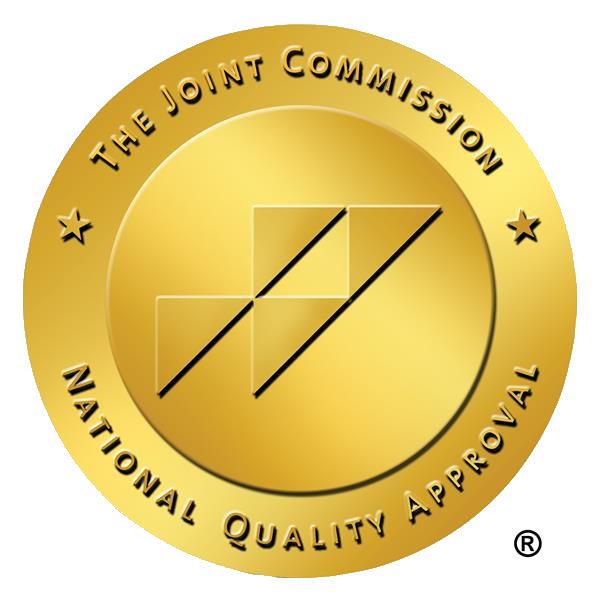Dialectical Behavior Therapy (DBT)
DBT works to reroute negative and self-destructive thoughts that lead to negative behavioral patterns, which is why it’s a wonderful option for those struggling with negative self-image, depression, mood disorders, and addiction.
What Is DBT Therapy?
Dialectical Behavioral Therapy (DBT) falls in cognitive-behavioral therapy because its goal is to reroute negative thinking. DBT works exceptionally well for people with suicidal ideations and other self-destructive behaviors, such as substance abuse.
The term “dialectical” means working through opposing forces or rationalizing. The dialectical therapy approach seeks to make sense of negative thoughts and behaviors that a person is experiencing to help the person understand why they are feeling and acting that way in the first place.
DBT mental health aims to give the patient the right skills and coping mechanisms to create an optimistic worldview rather than focusing on the negative, which is ultimately the key to permanently changing destructive behavior.
DBT Techniques
While dialectical behavioral therapy focuses on bettering an individual, there are many different techniques. What works for one person won’t necessarily work for everyone. The main DBT treatment techniques are skills training, personal therapy, and personal coaching.
Skills Training
The main focus of DBT is to give patients a way to cope with distress and negative thoughts/behavior patterns. To do this, DBT focuses on improving the following four skills:
- Mindfulness
- Emotional Regulation
- Interpersonal Relationships
- Distress Tolerance and Reaction
When combined, these skills allow a person to experience rational and coherent thoughts without turning impulsively to negative behaviors for comfort.
Individual Therapy
If you have agreed to a DBT approach, then you will likely attend individual therapy sessions with a licensed professional at least weekly.
During this time, a therapist can work to help strengthen your skills and reinforce a positive mindset. The therapist may also provide you with the tools and coping mechanisms you need to navigate your emotions on your own time.
Coaching
Many therapists offer phone coaching sessions in addition to individual sessions to help their DBT clients get through severe emotional crises.
In addition to individual therapy, many therapists recommend that DBT patients seek a life coach to help improve skills and positive thinking even further. In many cases, coaching sessions are available over the phone, so you have help available to you whenever you need it.
How Is DBT Different From CBT?
DBT is essentially a subcategory of cognitive-behavioral therapy (CBT). The two types of treatment share a lot of overlap. However, DBT focuses more intently on people with extreme emotional reactions and negative behaviors, such as self-harm and substance abuse.
Dialectical Behavior Theory
Dialectical behavior therapy was originally designed to help patients with borderline personality disorder (BPD) because of how effective it is at rerouting extreme negative reactions and emotions. This theory can be applied to treating individuals who suffer from depression, anxiety, mood disorders, and substance abuse.





